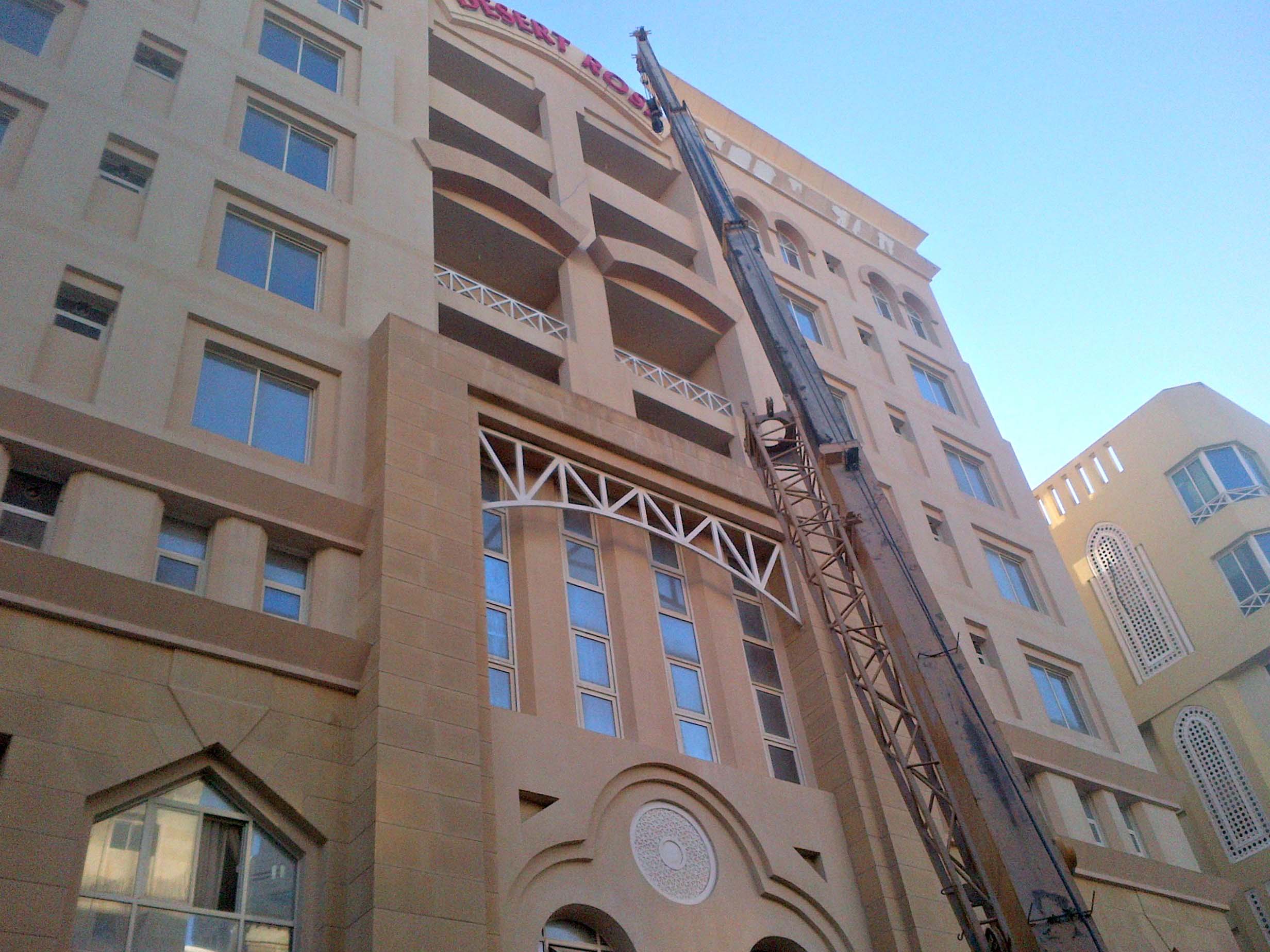
A cooling Qatar real estate market should slow the increases in home and apartment rental prices over the coming months, according to a new report from the Qatar National Bank Group.
On a year-over-year basis, QNB forecasts rents to climb less than 6 percent, which is slightly lower than the rates recorded in the second half of this year.
QNB said land prices – a major component of the cost of new housing, as well as an indicator in rental rates – has fallen for the past five months. The local financial institution said this should ease the pressure on landlords to hike rents, as well as alleviate concerns that Qatar is experiencing a real estate bubble similar to the one seen in 2007-08.
Market fluctuations
Following that period of super-high rents, prices in Qatar fell between early 2009 and the second half of 2012, decreasing nearly 7 percent a year over that time period, according to QNB.
Now, rents have been climbing for slightly more than a year, reaching an average annualized increase of 6.7 percent in August, before tapering off to 6.2 percent last month.
While the QNB report does not mention the possibility of rental rates declining in the coming months, it does note that there is a strong correlation between changes in land prices and rental rates – though there is typically a six-month delay between when changes to the former start affecting the latter.
In 2012 for example, land prices started to rise in the first half of the year, while rents only started to climb in the second half.
Overall, the Qatar Central Bank’s real estate index – a basket of prices that includes land, villas and residential buildings – rose 109 percent between July 2009 and May 2013. This was primarily driven by land acquisitions for major development projects, namely the Doha Metro, several large shopping malls as well as the planned communities of Lusail and Msheireb.
Now that these initiatives have entered the construction phase, QCB’s real estate index has started moving in the opposite direction, falling 6.2 percent between May and September of this year.
The big picture
Housing is a major driver of Qatar’s increasing cost of living. If QNB’s projections prove true, the bank said that a real estate slowdown would make the country more attractive to expat workers and improve the competitiveness of the country’s economy.
QNB’s latest report also offers a new perspective on the debate over the economic impact, specifically addressing how the housing market has been affected by the estimated 1.5 million additional residents that are needed to help ready the nation for the 2022 World Cup.
Previously, a December 2012 government report cited the growing population a reason for this year’s rising rents. While QNB said the rapid influx of new residents and the resulting increase in demand for housing could put pressure on costs, that has yet to happen, presumably because builders are keeping up with the demand for new accommodations:
“Based on QNB Group’s analysis, population growth appears not to have had a significant impact on land prices or rents. This could be due to oversupply of real estate or because a large share of incoming laborers is going into low cost temporary housing, which reduces demand pressures in the main rental markets.”
Has your rent been going up? Thoughts?







